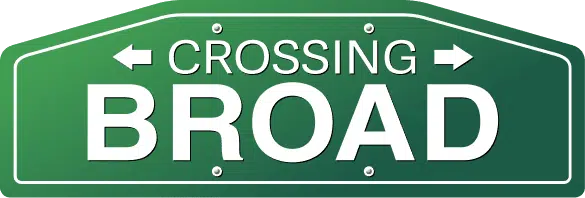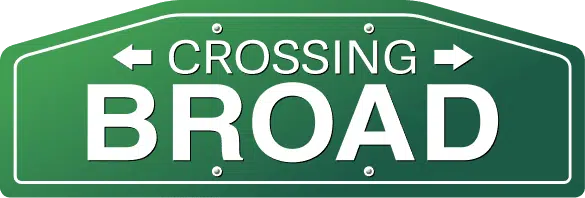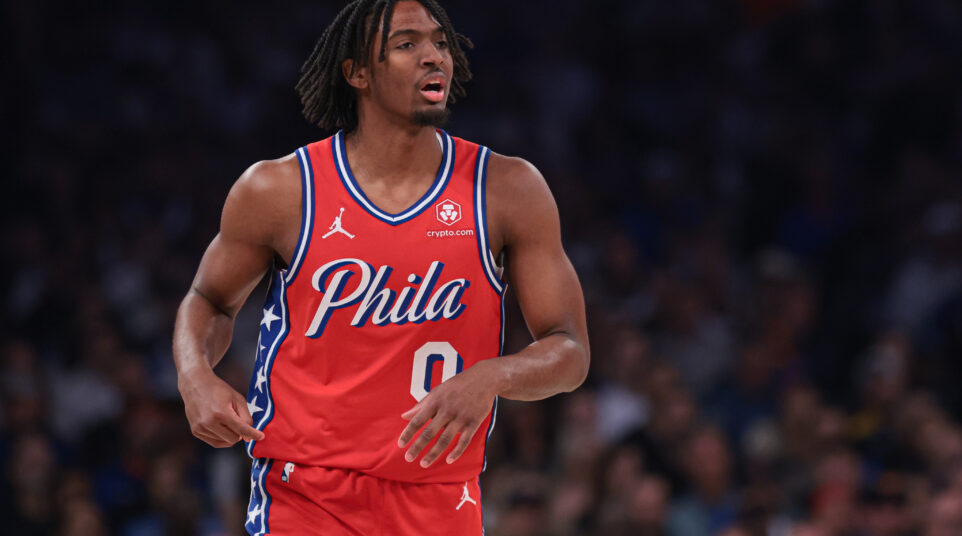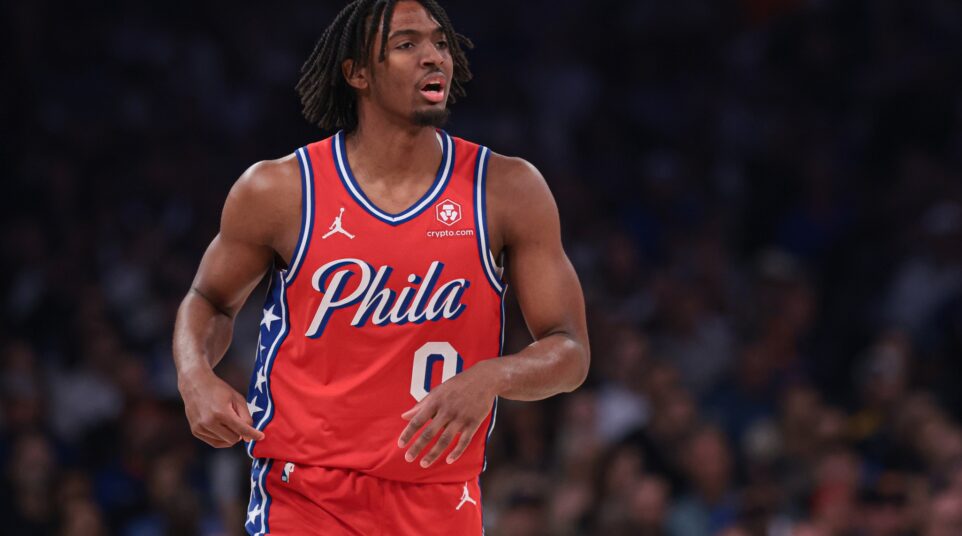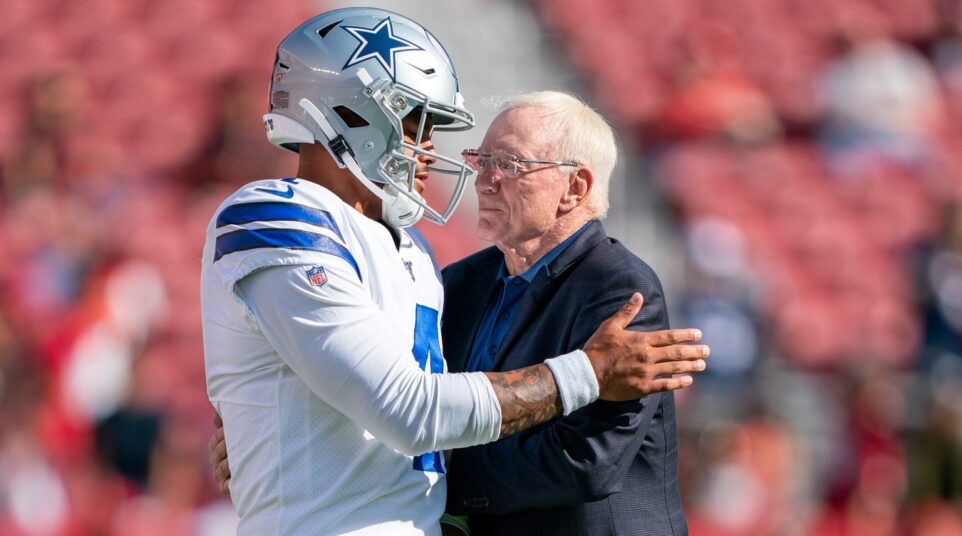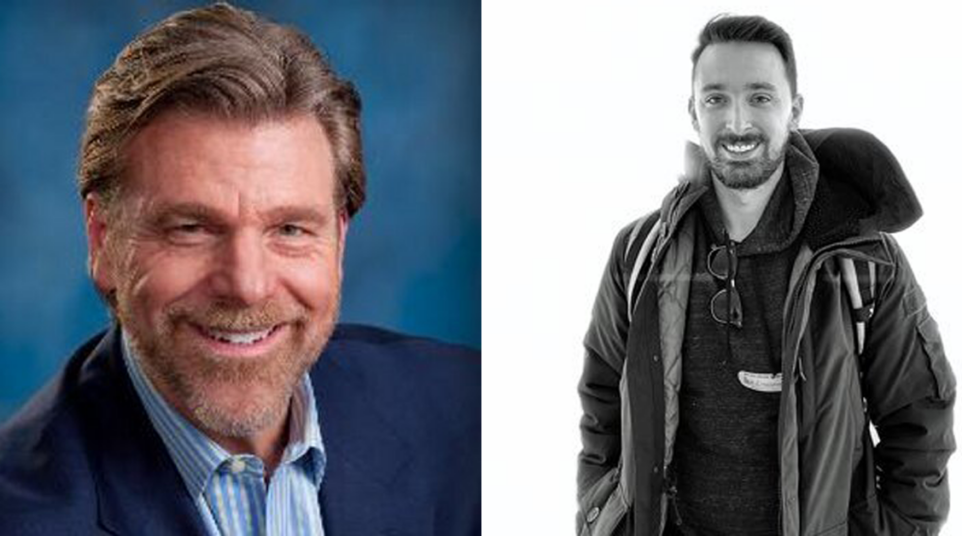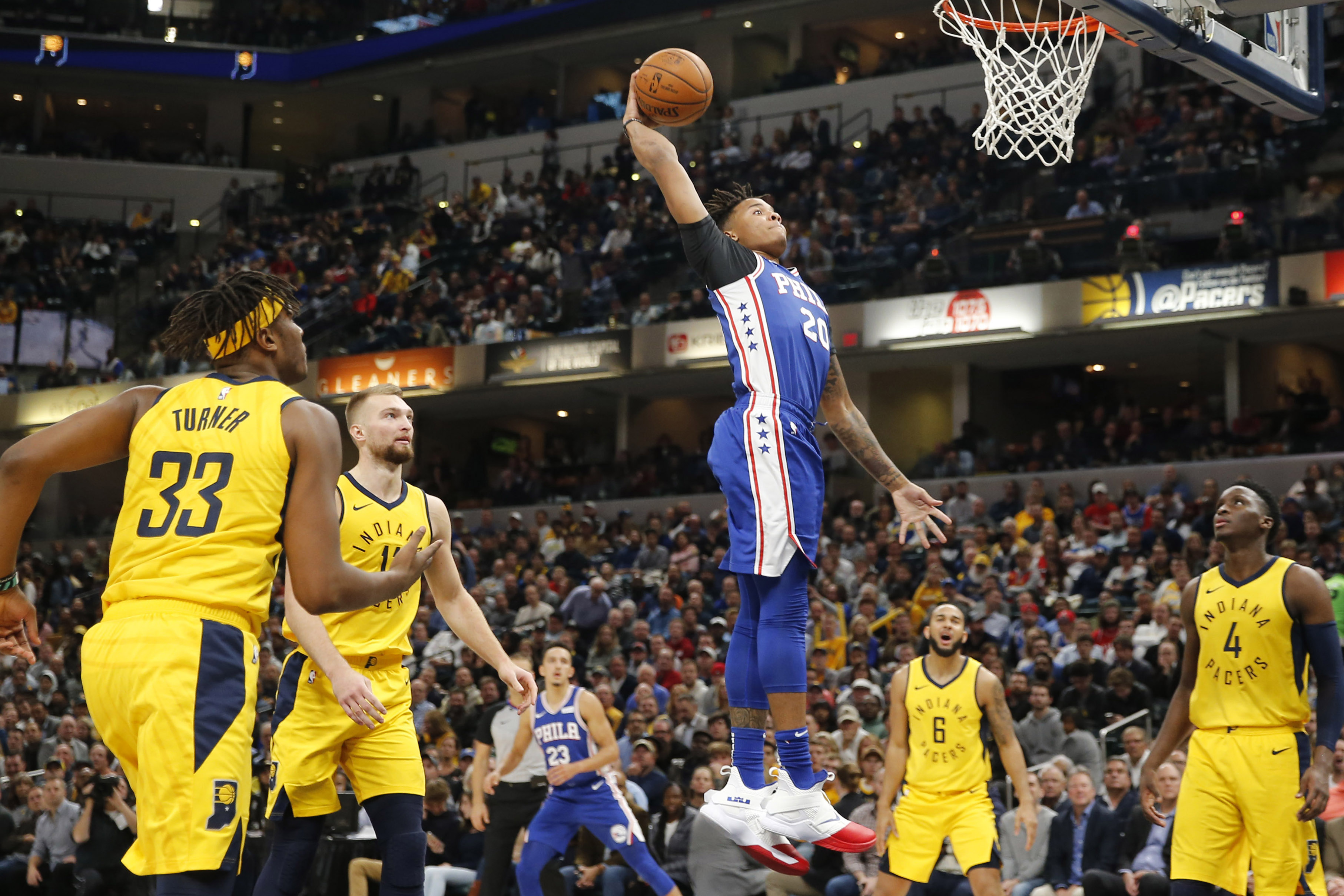
Now Is Not The Time to Give Up On Markelle Fultz
On Wednesday’s edition of Pardon the Interruption, NBA analyst Doris Burke offered an insightful take on the Markelle Fultz situation. Fultz, who was recently diagnosed with Neurogenic Thoracic Outlet Syndrome, has endured national ridicule for a hitch that has hampered the mechanics of his jump shot and free throw form.
Burke’s commentary is worth considering in full, and I have transcribed it below:
“You know, this is hard for me. I am the mother of a twenty-four year old son. And so the first prism through which I look at this, guys, is that of a mom. And if my son were going through this, it would be incredibly difficult to watch. We are evaluating a twenty year old in incredible scrutiny, under incredible performance pressure. It’s been over a year issue. It feels to me, personally, like if I were his mom I’d almost want him in a different organization, just to give him a fresh start. The reality is, this is a business decision for the Sixers. Brett Brown continues to be supportive. He keeps talking, saying I’m going to coach him like a son, not like the number 1 pick in the draft. I think Markelle’s inner circle has given him some interesting advice over time. I don’t know that there’s a positive outcome on either side. I’m just hopeful for the young man, that he can either (1) come back healthy in the timetable given- now 6 weeks- or (2) maybe somehow he moves to another place.”
Burke’s compassionate perspective stood out particularly because it was offered on an ESPN program. To say the network has leaned into the Fultz story would be an understatement. Earlier in the day on First Take, Stephen A. Smith had proclaimed Fultz “the biggest bust in NBA history,” and asserted in the same segment that “this man has some personal demons that are none of our business.” One month earlier, Fultz’s awkward free throw in a game against the Miami Heat was played for laughs and offered as fodder on a number of ESPN platforms, including First Take and The Jump.
ESPN is not alone among sports outlets in reveling in Fultz’s struggles; however, given the network’s venerable status and its broadcast partnership with the NBA, it is unquestionably a major amplifier. Armed with seemingly endless B-roll footage of Fultz lowlights and an impressive array of analysts, the network has considerable power in shaping the narrative around a player.
And, more than ever before, ESPN is in the storytelling business. SportsCenter long ago ceded its monopoly over the sports highlight market; in its place is a relentless brand construction and destruction machine masquerading as a highlights and analysis program.
If you’re a promising athlete, ESPN will build you an impressive pedestal on which to stand, reaping the attention and sponsorship dollars that come with it. But if you fall, the network will be the first in line to wallow in your demise like a pig in filth. Just ask Johnny Manziel.
In the end, all that matters is consumer attention. Stephen A. Smith doesn’t draw a seven-figure salary because he offers honest, measured assessments; he gets paid to speak in hyperbole and feign outrage. It’s not the take that matters. Takes are written in sand, washed away by the tide of the next news cycle. What matters is the volume of the take, and the passion with which it’s offered.
Burke’s opinion that a “fresh start” with a “different organization” would help Fultz, reasonable though it is, underestimates the ever-widening glow of the spotlight. There’s nowhere to hide anymore. It’s not like Fultz can move to Utah and play in the relative anonymity of a Western Conference city. Folks seem to enjoy watching a star fall, but there’s an even bigger market for a comeback story.
Fultz’s path to redemption, frustrating though it may be for his agent and his inner circle, is through Philadelphia. If Fultz wants out, his best bet is to opt in with the 76ers. The franchise invested two first round picks in the former Washington Husky; it’s highly likely their young guard wouldn’t net more than a 2nd round selection in any potential trade that’s made today. Fultz’s rookie contract, which pays him $8,339,880 this season and $9,745,200 in 2018-19, is a relative bargain given the NBA’s giant salary cap (currently set at $101.9 million).
Moreover, the team needs him. Watching T.J. McConnell struggle in the Raptors game only confirmed that the 76ers require a steadier hand to run the operation when Ben Simmons is on the bench. In Fultz, the organization might not have the best jump shooter at the moment. What they do have is an athletic, capable defender who can drive to the basket at will, either finishing at the rim or creating space for teammates along the perimeter.
Notwithstanding the outside noise, both parties have the luxury of time to resolve this issue. Fultz is only 20 years old; to declare him a bust not even two years into his NBA career and before he’s had an opportunity to play while healthy for an extended period is nonsensical. Thoracic outlet syndrome is eminently treatable; when Fultz has resolved his shoulder issue and is ready to repair his jump shot, there are a number of shot doctors available to him. He could look no further than Jefferson University and Herb Magee if he were so inclined. Fultz also seems to retain the support of his teammates, including Joel Embiid and Ben Simmons.
Finally, Sixers fans who have grown frustrated with Fultz need to tap once more into the deep well of patience that sustained them during the Process years. Fultz requires the same space to recover and rediscover his game that Ben Simmons and Joel Embiid were afforded.
Consider, also, adopting the more sympathetic view that Burke took in her dissection of Fultz. For my part, it’s not difficult to remember a twenty-two year old kid in disguise as an adult who was utterly failing in his first job out of college. He had convinced himself that his shortcomings were evidence of what he thought all along: that he was a failure. The same personal insecurity that had taken him to great places was now driving him into despair. The anxiety and depression that enveloped him in the ensuing years were difficult to overcome. But he ultimately discovered that this, too, would pass, and despite an extended darkness, the sun would rise again. It always does.
Unfortunately for Fultz, the former number 1 pick must work through this stretch of adversity in a spotlight under which most of us would wilt. Such is the bargain one makes when accepting a life-changing amount of money to play a sport.
Amidst the noise surrounding him, it might be difficult for Fultz to appreciate that he controls his destiny. Whether he realizes his considerable potential will be determined not by empty rhetoric issued from TV studios, but by the effort he puts into his rehabilitation and in the practice gym.
Markelle Fultz is the writer of his own story. And I’m willing to bet the best chapters are yet to come.
